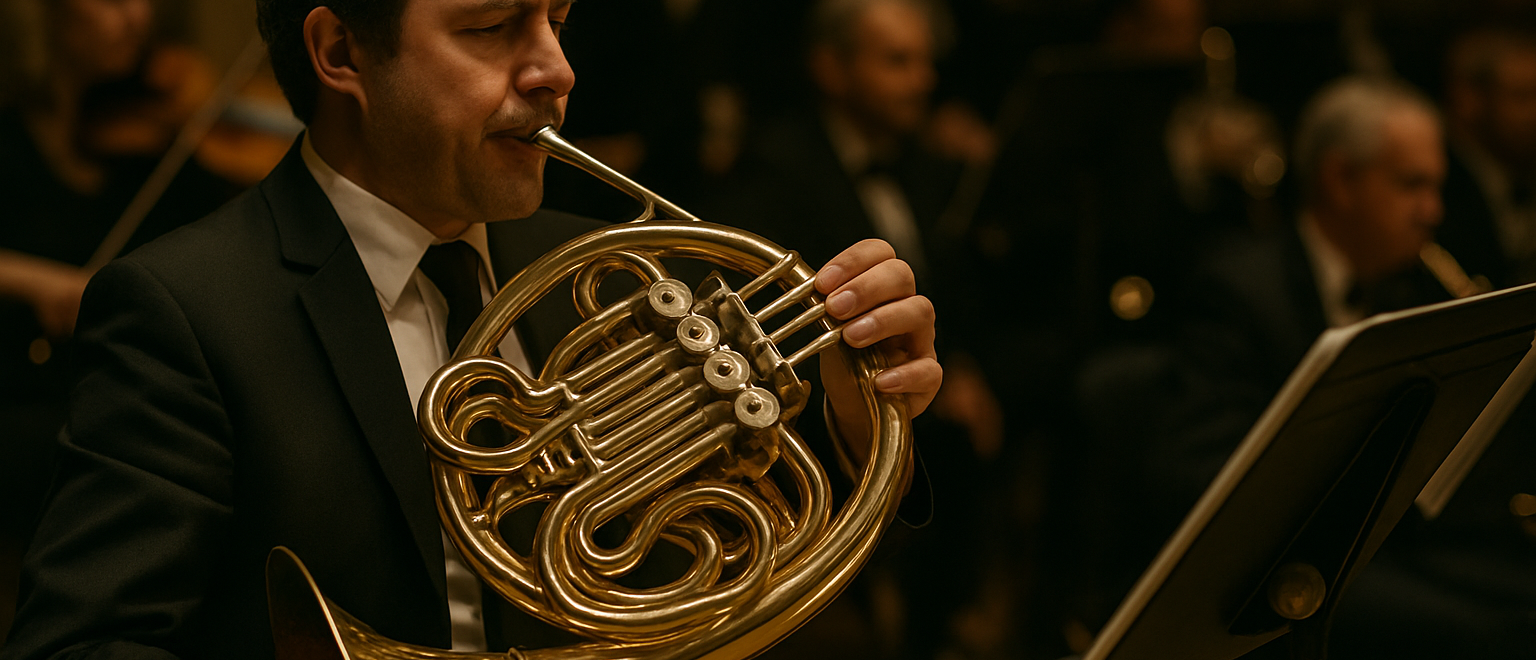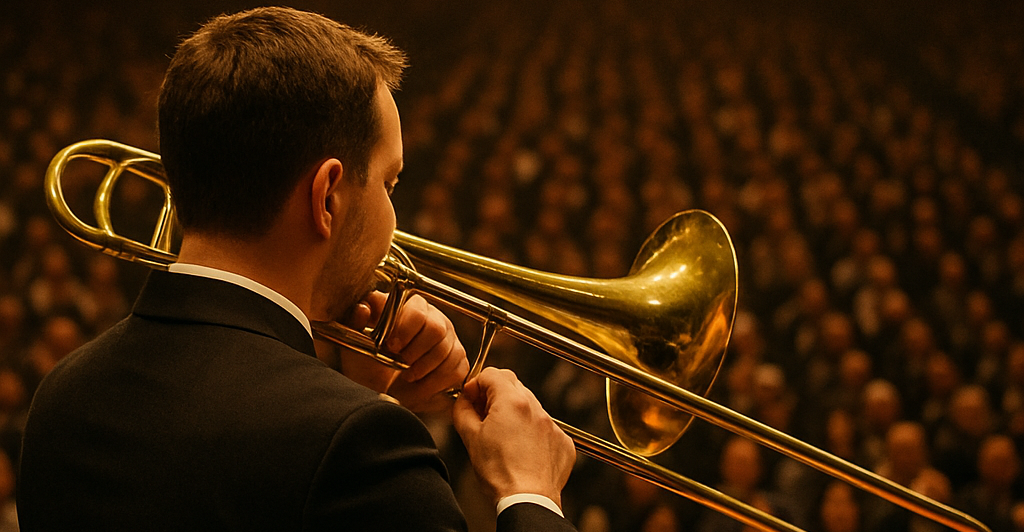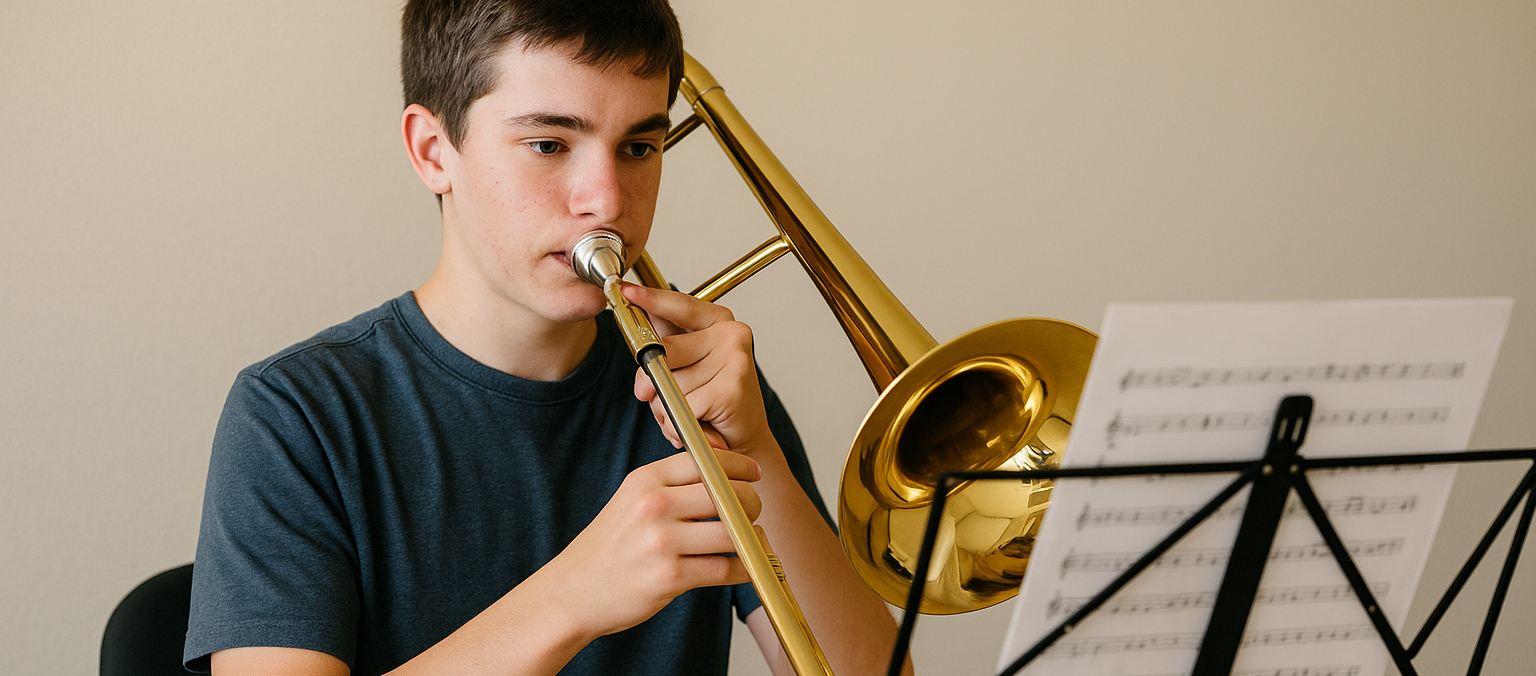The French Horn stands out, both in its unmistakable look and the enchanting sound it produces. Tracing its roots back to 17th-century hunting horns, this instrument adds a rich tapestry of sound to any ensemble or orchestra. Its unique coil shape, combined with a wide bell, helps create a sound that’s at once mellow and majestic, drawing listeners into a musical embrace that’s hard to resist.
While its tone is captivating, mastering the French Horn poses one of the greatest challenges within the brass family. Many have dubbed it the ‘unforgiving mistress’ of instruments because a slight misplacement of lips, or lack of breath support, can lead to awkward sounds. But isn’t that part of the thrill—striving to tame its unpredictability and conjure the sublime from its bell?
For those brave enough to take on this magnificent beast, understanding its anatomy and mechanics is crucial. The long coil of tubing, operated with rotary valves, demands precision. Knowing how it all works doesn’t just feed curiosity, it makes technical skill acquisition a whole lot easier! So, gearing up with knowledge sets the stage for musicianship that commands respect. Plus, there’s always something cool about impressively intertwining the art of creation and the science of sound into one killer harmonious package!
Techniques and Skillsets: Journey to Proficiency
When it comes to playing the French Horn, having the right techniques is like having a secret weapon in your musical arsenal. First off, getting a grip on essential basics like hand placement and embouchure can make a world of difference. Your mouth’s position, or embouchure, affects everything—from clarity of sound to your ability to hit those notorious high notes without breaking a sweat.
One skill no French Horn player can ignore is breath control. This isn’t just blowing into the horn; it’s about generating enough air to support the instrument’s range while avoiding those cringe-worthy moments of faltering notes. Think of it as yoga for musicians—deep breaths, steady flow, and all about centering yourself.
Practice makes perfect when it comes to intonation and dynamic control. Ever notice how the best players seem to bend pitch and volume at will, creating an emotional rollercoaster? That’s not magic, just hours of practice, carefully listening, and adjusting until every note sings. Back it up with metronome sessions and patience, and you’re golden.
Of course, every player’s journey is unique, so take a moment to savor yours. Foster a love for scales and etudes—they’re your problem-solving best friends, enhancing dexterity while tackling the horn’s unique challenges. It’s all about building solid foundations while nudging your skills closer to mastery.
Embracing Challenges: Overcoming Common Hurdles
Every French Horn player has faced that moment of frustration when the horn just won’t cooperate. It might be that persistent sharpness in pitch or the challenge of rapid note changes that throw you off. The French Horn’s beauty is in its complexity—these hurdles are all part of the journey.
Pitch accuracy can be one tricky beast. With its conical bore, even the slightest error in lip tension can send notes spiraling off-center. Practicing scales with a tuner by your side can really help tune your ear and embouchure, ensuring you’re hitting just the right spot.
Muscle memory isn’t just for athletes; horn players need it in spades, too! Those fast runs and jumping between octaves become much easier when your fingers are trained through repetition, like second nature. Incorporating finger exercises into your daily routine can boost your dexterity big time.
Sometimes, the most effective strategy is reaching out for a little expert help. Finding a mentor or attending workshops can offer new insights and techniques that you might not discover on your own. Sharing struggles and successes with others makes the learning experience richer and ultimately more rewarding.
The Path to Mastery: A Rewarding Experience
The journey to mastering the French Horn is filled with moments that make all the hard work worth it. Finally nailing a challenging piece or drawing out a pitch-perfect celebration note feels like its own reward. It’s these victories that remind us why we choose to take on this tough but oh-so-beautiful instrument.
Playing in an ensemble or orchestra brings opportunities for collaboration that can be truly exhilarating. The horn plays a critical role in orchestras, often providing the bridge between sections or leading the charge. Whether it’s a subtle harmony or a bold solo, there’s fun in using the horn to color and shape the musical story.
There’s nothing like performing in front of a live audience. It’s a thrill that goes hand in hand with the patience and perseverance it takes to get there. Seasoned French Horn players often share that these moments of performance become the richest deposits to their personal trove of achievements.
Professional players offer sage advice: enjoy the process, keep pushing your boundaries, and remember to savor each small milestone. Whether it’s the discovery of a new technique or a deeper understanding of a classic piece, each step is a triumph. In the end, it’s all about the love for the music, and the French Horn really does make each note count.





